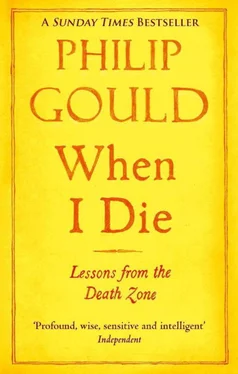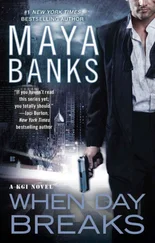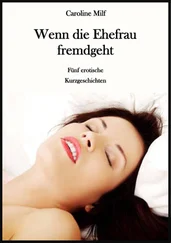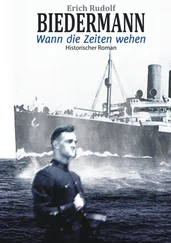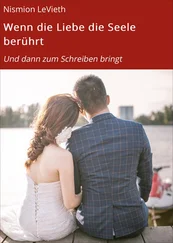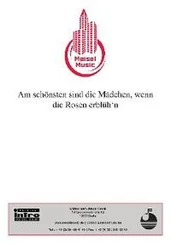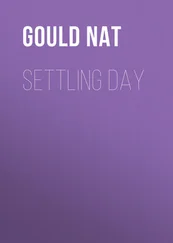Gail had almost a sixth sense about me and my illness, always knowing when something was wrong. She had been right about everything connected to my cancer. And she was not alone. At around the same time, Grace texted me a very similar message: ‘STOP. You are being an idiot. You need to chill out and rest. You owe it to Mum who did so much for you when you were ill. It’s not fair to let her stress now. You have a perfect excuse not to be involved in this politics stuff. You just don’t have the stomach for it any more. (Yes I am that funny!)’
I was clearly doing something wrong.
For our actual twenty-fifth wedding anniversary we went to Jordan, and it was wonderful. But even while there I was dictating scripts for election broadcasts back to the campaign headquarters, something I kept quiet about when Gail was near.
When we returned home I tried to work on the campaign in a way that was effective while also being protective of my health. That was hard, because I love politics so much. I was determined not to let Labour down, but in truth I was getting tired, and my contribution was symbolic as much as practical.
Halfway through the election I flew to the United States to make a speech, and got trapped there by the cloud of volcanic dust which grounded planes across the world for a few days. To be stuck on the other side of the Atlantic was frustrating, even humiliating – but it forced me to rest and begin to reassess. I saw it as a sign that I had to change. But it was a little late in the day.
I got home eventually and the election came and went. Afterwards, though, I could see that I was losing weight and realised that eating was becoming unsustainably difficult. I phoned Kaz Mochlinski, a medical oncologist at the Marsden specialising in gastro-intestinal cancers, and a great supporter of mine. He immediately brought me in for tests.
I had a CT scan. It appeared to be clear and I relaxed. But when I went in to see David Cunningham he was clearly not comfortable. He said that notionally the scan was good, and that the radiologist had signed it off as free of cancer, but his face displayed concern. He sat there for a long while, staring at a split screen: on one side the image showed my oesophagus from the scan in June, the other the scan I had just had; he flipped from one image to another. He said there was no evidence of cancer but I should have more tests.
I had a PET scan and then another endoscopy from a Dr Benson, who was perky and confident, saying just before he put me under that he was pretty sure it was not cancer.
When I came round everything had changed.
There is something there, Dr Benson said, but he could not be sure it was a tumour. It was pretty clear, though, that he thought the cancer had returned. He had taken a biopsy, which would decide it one way or another.
A couple of days later, on 9 June, Kaz called and said that the biopsy had shown evidence of cancer cells. He was optimistic as always and said it could be fixed, perhaps by very early surgery, but I knew I had crossed some kind of line, that I had moved to another, more dangerous place.
I accepted this with the kind of calmness I often feel when getting bad news: I hear it but I don’t, and I am always looking for a way of turning negative into positive. But this time it was harder. I was not depressed, or in despair, or even deflated. Just shocked.
David Cunningham phoned and was inspirational. He said he was so sorry, he was totally convinced that I had made it through, and that local recurrence of this sort almost never happened so late, with my cancer and treatment profile. He would fight with me every inch of the way and would not let me down. In that call he showed his character and his strength, and he transformed my mood. Murray Brennan called from New York and said I was the last person in whom he had expected to see recurrence. He was shocked, he said. None the less, two years and four months after my original diagnosis, my cancer had returned.
Recurrence is a very different thing from the original diagnosis.
My immediate response to being told I had cancer had been that I would battle through and win. I had a vision of a dark road leading to a light. This framed my entire response to the disease. But the diagnosis of recurrence had a very different effect on me – the road ahead just collapsed, and I was left effectively with nothing, just the kind of fuzzy picture you get if your television stops working.
It was as if my brain and my feelings had a kind of shared malfunction. And it was to get worse as test after test went the wrong way. The DNA of my life was being unravelled. I was used to fighting hard and getting through, used to being optimistic and having that optimism rewarded, but now the opposite was happening. I was determined to fight, but how?
We went down to the Royal Marsden site in Sutton on 10 June and saw David Cunningham. He looked concerned. I had had a PET scan a couple of days earlier and the findings obviously troubled him. The tumour was big and growing and we had to act fast.
This was a turnaround. I had had a mental image of a couple of stray cancer cells floating around my gullet, not some out-of-control tumour working its way up my throat like a malignant alien. David suggested a possible treatment programme, starting with chemotherapy, going through surgery, and then continuing with more chemotherapy and on to radiation.
The reality of my situation lit up before me: I was going to have to do the whole thing again – but this time, as David kindly pointed out, with an extreme operation not a moderate one, with radiation as well as chemotherapy, and with a much, much smaller chance of survival.
Although I had avoided radical surgery in round one, I would now have to face it in round two, when my reserves were so much lower. It was as if the gods were punishing me for an initial failure of nerve.
It was apparent that David’s plan was less a route map forward, more a best guess about what to do. He wrote it down on a scrap of paper, which at least gave it some measure of credibility. But the truth was we were all flying blind. If the cancer had spread I could make no progress. If the tumour was not reduced by chemotherapy then I could not continue, and even then surgery would be incredibly difficult and simply might not be possible.
For all that, however, David had given me hope, and hope was what I wanted. Things may not have been great but at least I had my scrap of paper. The road was coming back.
There was no time to lose. This was Thursday and the chemotherapy was to start on Tuesday. The speed of this response was impressive but it was also alarming. The cancer had to be stopped.
The chemotherapy protocol was different this time, because David feared that the cancer was becoming immune to the drugs that had been used before. He said my swallowing would get better; that it had to get better, as this would be evidence that the tumour was regressing. The idea was that if possible the cancer would shrink almost to nothing.
David’s explanation betrayed his anxiety. Every time I contacted the hospital during the treatment they would ask me about my swallowing. And it simply was not getting better. I could feel the tumour now and it seemed to be growing, like a slug in my throat. It was certainly becoming increasingly painful.
After two sessions, David stopped the first chemo and ordered a PET scan. Kaz called, asking me to see David, and I knew all was not well. Essentially the cancerous activity had decreased but the tumour had not changed size. They said this was no problem but immediately changed back to my original chemotherapy protocol, EOX. Once again I was asked a dozen times about my swallowing, which was clearly not improving. After just one session David ordered another PET scan but the results were the same: cancerous activity was down but not the size of the tumour.
Читать дальше
